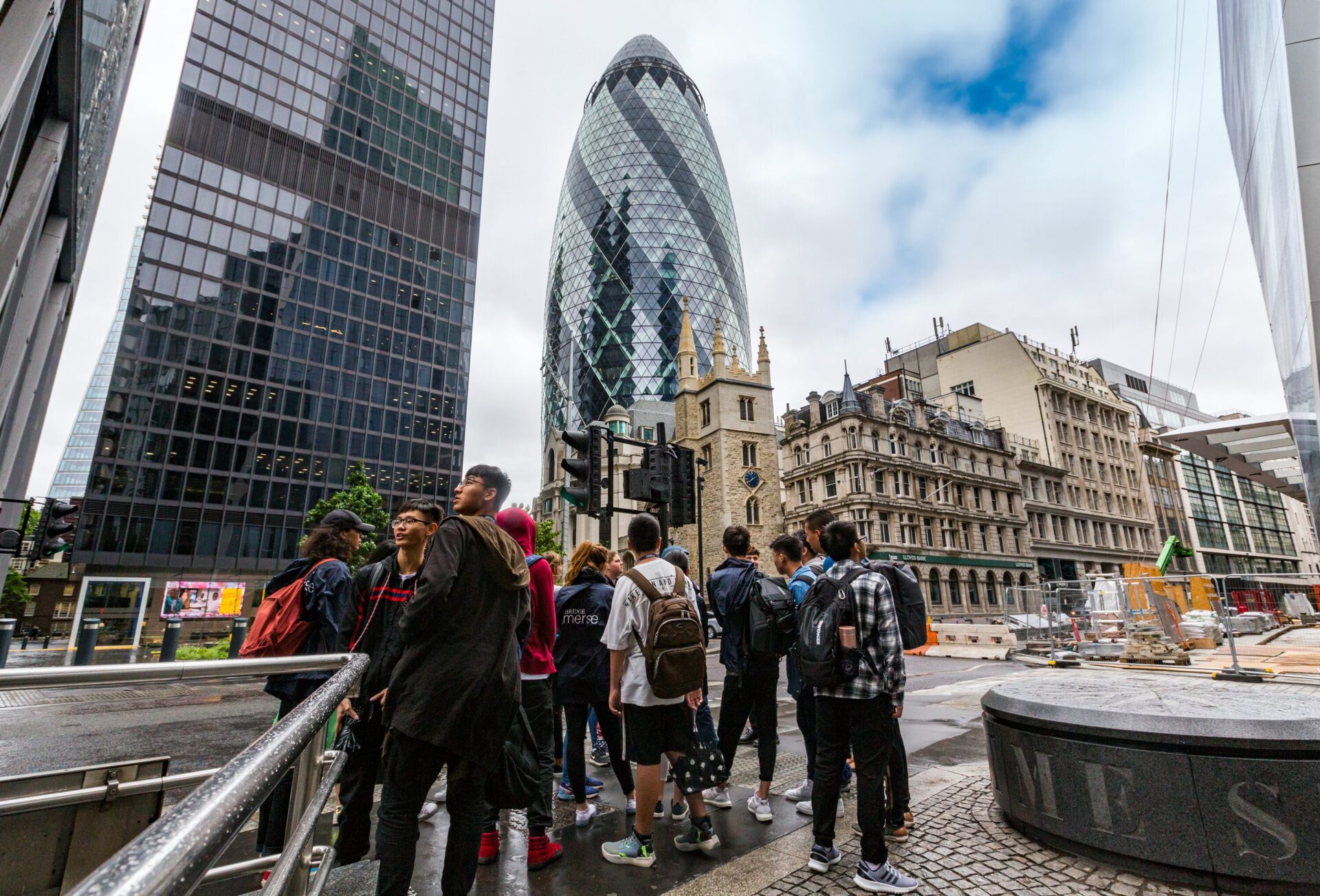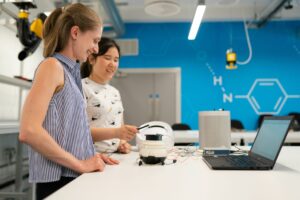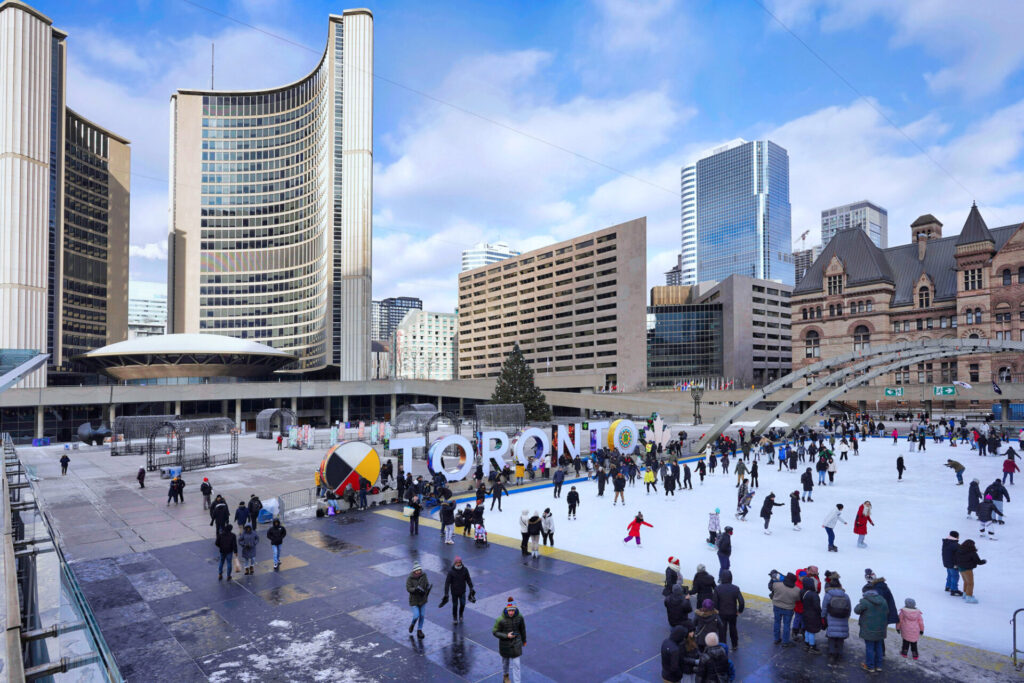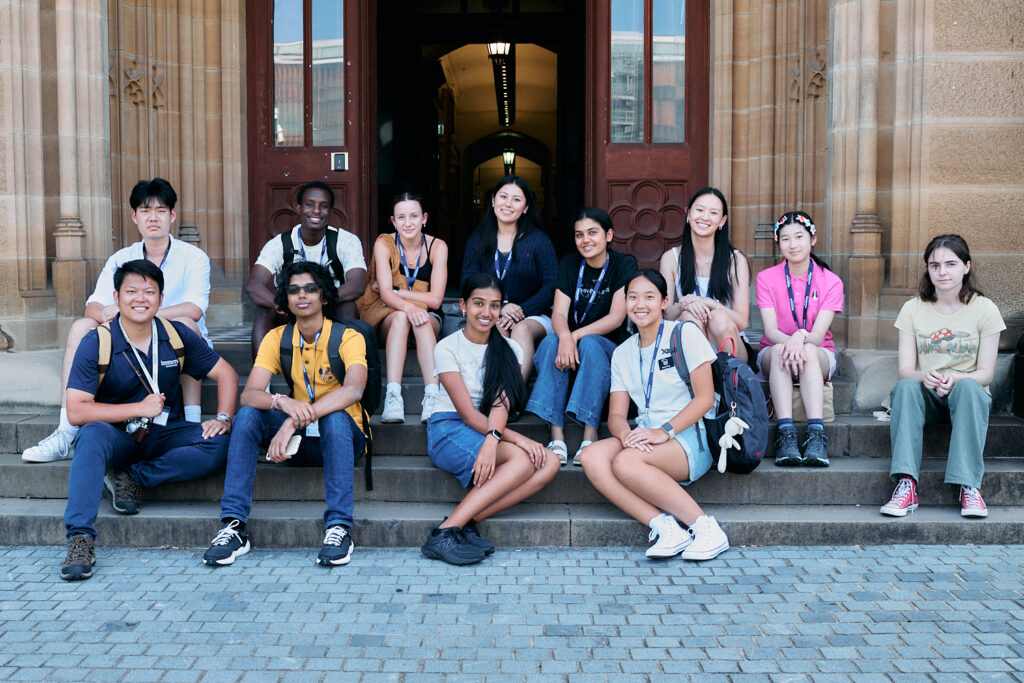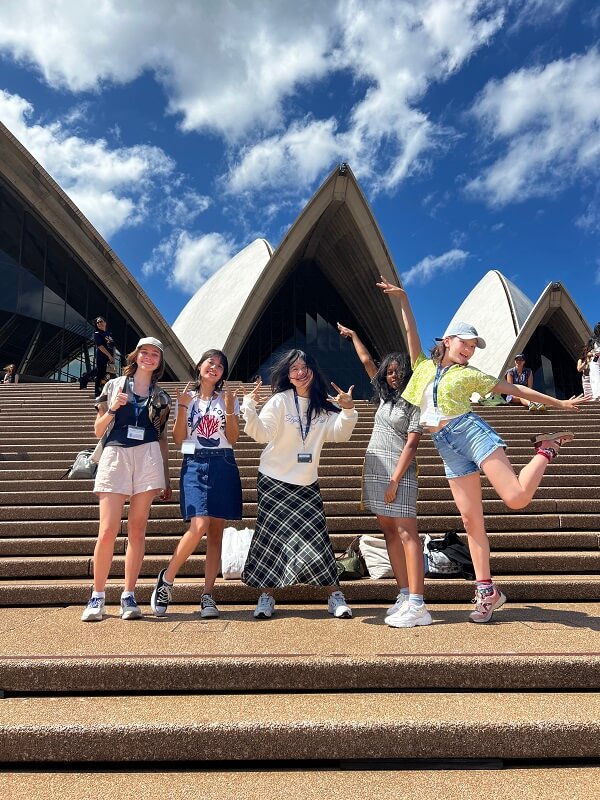Red buses gliding past historic squares, students gathered in leafy courtyards, and skylines filled with museums and libraries that feel endlessly inviting; it’s no surprise that studying in London attracts learners from across the world.
You’ll find world-leading academics, vibrant communities, and the chance to grow through real independence and discovery.
Its diversity shapes every experience, and many participants encounter this first-hand through our London Summer School, where they combine academic learning with daily life in the city.
So what does it actually feel like to study in London? Let’s explore the rhythms, surroundings, and opportunities that define learning in the capital.
Practical Essentials: Cost, Transport, and Accommodation in London
Studying in London becomes far more enjoyable once you understand the city’s everyday essentials. You’ll balance independence with smart planning as you navigate transport, find comfortable accommodation, and manage your daily costs.
Here’s a complete breakdown of the essentials when studying in London.
Transport in London
London offers a wide range of transport options that suit different budgets and routines. You’ll quickly find the method that fits your daily rhythm, whether you’re heading to classes, exploring cultural spots, or travelling between neighbourhoods.
Here’s what each option feels like in practice.
- Train (Underground & Overground): London’s trains are the fastest and most reliable way to move across the city. Peak single journeys typically range from £2.90 to £5.80* when using contactless or an Oyster card. Daily caps keep travel affordable, with Zones 1–2 capped at £8.90 and Zones 1–6 capped at £16.30 for unlimited travel within those zones.
- Bus: Buses are a budget-friendly option, with most journeys costing £1.75 and included in the daily fare cap. They reach areas the Tube doesn’t and offer scenic routes above ground. They’re slower than trains but ideal for short trips or saving money during busy academic weeks.
- Cycle (Santander Cycles or personal bike): Cycling offers freedom and low-cost travel. Santander Cycles cost £3.50 for unlimited 60-minute rides in a day, making them convenient for quick trips between campuses, libraries, and study spaces. Dedicated bike lanes help you stay safe and keep travel predictable.
- Walk: Walking is free, healthy, and often the quickest option in central areas. It’s perfect for moving between nearby campuses, grabbing lunch, or exploring your local borough. Many learners walk parts of their daily routine to stay active and grounded throughout the academic session.
- Ride-Hailing (Uber, Bolt, FREE NOW): Ride-hailing is the least cost-effective choice, with short trips usually costing £7–£15 depending on distance and time. It’s helpful late at night or when carrying luggage, but best used occasionally rather than as a daily travel option.
Accommodation for Students in London
Finding the right place to stay shapes your routine, independence, and sense of comfort in the city. Many learners choose student halls or shared flats, especially in neighbourhoods close to universities and cultural spaces.
Here’s what accommodation typically looks like when studying in London.
- Student Halls: Student halls offer community and convenience for first-time London learners. MyStudentHalls lists many London rooms between £180–£300 per week, depending on location and facilities. This option helps you settle quickly while feeling supported.
- Shared Flats (House Shares): Shared flats give you independence and a social home environment. SpareRoom’s London rent data shows most rooms around £700–£1,000 per month, with some outer-London options from £600. You’ll share kitchens and living spaces, keeping costs manageable.
- Private Rentals: Private studios and one-bed flats offer full privacy at higher prices. London Relocation’s 2025 data shows outer-London studios at £1,450–£1,725, central studios up to £2,588, and one-bed flats in affordable boroughs at £1,725–£2,300 per month.
Student Costs: Food, Groceries, and Daily Living
Managing daily costs in London becomes easier once you understand the typical expenses. You’ll build steady habits around food, essentials, and leisure as you find your rhythm in the city.
Here’s what daily living costs typically look like when studying in London.
- Groceries: According to University Living’s 2025 cost-of-living guide, students who cook at home usually spend £300–£600 per month on food and groceries. Shopping at Tesco, Lidl, Aldi, or Sainsbury’s helps you stay within this range while keeping meals affordable.
- Meals and eating out: Student Housing’s guide suggests budgeting £40–£80 per month if you buy food on campus, enjoy occasional takeaways, or treat yourself to places like Nando’s. Meal deals priced around £3–£5 help keep weekday lunches inexpensive.
- Study and leisure: Many learners keep their budgets steady by using London’s free museums, galleries, and libraries, which reduce weekly spending. A reasonable estimate is £20–£30 per week, depending on small add-ons like exhibitions, film nights, or café visits.
- Everyday essentials: University Living reports that personal expenses such as toiletries, gym visits, phone plans, and small errands usually total £100–£300 per month, which works out to roughly £20–£40 per week for most learners.
Academic Opportunities and the University Environment
London is home to some of the world’s most respected universities, each offering programmes that match every interest. Imperial College London, ranked #9 globally by Times Higher Education, reflects the city’s strength in science and innovation. Additionally, UCL, ranked #22 globally, highlights London’s reputation for curiosity, creativity, and academic depth.
Beyond rankings, studying in London encourages real independence. Lectures blend with self-guided research, group discussions, and focused study time in libraries such as the British Library or Senate House. As a result, you’ll develop confidence, discipline, and a wider academic perspective.
Moreover, London brings you into contact with learners from every corner of the world. You’ll meet peers from Europe, the Middle East, East Asia, Africa, and North and South America, each offering distinctive perspectives shaped by their cultural and academic backgrounds. You’ll grow through shared ideas, collaborative projects, and conversations that broaden your understanding of global issues.
In London, the city is your classroom. For example, our Engineering Summer School in London introduces engineering through real examples drawn from the city’s systems and structures. Similarly, the Law Summer School in London helps you analyse cases and understand how legal thinking works in practice across the UK.
A Day in the Life of a Student in London
A typical day as a learner in London feels full, energetic, and wonderfully unpredictable. You might leave your accommodation in areas like Mile End, Stratford, or Camden just after breakfast, joining the morning flow of cyclists, commuters, and students heading across the city. Many learners grab a quick coffee from Pret or a local bakery before heading into morning lectures, often held across multiple campuses in areas such as Bloomsbury, Aldgate, or Waterloo.
Between classes, you’ll carve out pockets of calm in university lounges, modern study centres, or quiet corners of neighbourhood cafés. It’s common to spend an hour reviewing notes, chatting with friends, or enjoying street food from markets near campus. Learners often mention favourite stops such as Goulston Street Food Court near Aldgate, cafés around Russell Square, or peaceful green spaces tucked behind UCL and King’s College buildings.
Afternoons usually blend study time with movement across the city. Many students rely on the Tube (metro/underground) to get from one lecture to another, while others cycle on E-bikes or walk when the weather is good. Cycling between campuses offers some surprising highlights: gliding past The Shard, crossing Waterloo Bridge with skyline views, or weaving through Borough Market’s morning buzz.
As the day winds down, you may find yourself in the library finishing readings, meeting classmates for group work, or joining a society event ranging from photography and coding groups to music rehearsals, sports practices, or international cultural clubs. Evenings often end with low-key dinners, a walk through areas like Shoreditch or Covent Garden, or a trip to a student-friendly spot for a quick meal.
If you join our London Summer School, you’ll follow a similar pattern. Your days will balance structured academic sessions with cultural visits, museum stops, guided neighbourhood tours, and independent exploration. It mirrors real university life: full of learning, movement, global friendships, and small discoveries that make London feel both dynamic and welcoming.
Join the Immerse Education 2025 Essay Competition
Follow the instructions to write and submit your best essay for a chance to be awarded a 100% scholarship.

Cultural Diversity and the Social Experience
London’s multicultural identity is impossible to miss. You’ll meet people from every part of the world, often within the first hour of your day.
On one campus bench, you might chat with someone from Lagos; in your next seminar, you’ll sit beside classmates from Seoul, São Paulo, Paris, Mumbai, or Nairobi. This mix becomes part of your everyday surroundings, shaping both your friendships and your understanding of the world.
You’ll taste this diversity too. On Green Lanes in north-London, you’ll find many Turkish grills, flatbreads and mezze that give the area a well-earned reputation for Turkish and Mediterranean food. In Tooting, the stretch between Tooting Broadway and Tooting Bec is packed with Indian, Pakistani and Sri Lankan restaurants serving everything from dosas to curries. Each neighbourhood brings global flavours into your everyday London routine.
This global influence spills into your academic life as well. Seminar discussions feel richer because everyone brings perspectives shaped by different cultures, political systems, and histories.
Group projects become more dynamic, blending approaches from multiple continents into a single shared goal. Even casual chats over street food in Camden or bubble tea in Chinatown can spark insights about places you’ve never visited.
In our Summer School Programmes, you’ll experience this cultural mix even more deeply. Interactive classes, paired tasks, and group city activities help you connect with learners from around the globe.
You’ll trade stories, discover new traditions, share meals, and build friendships that make London feel not only diverse but welcoming from your very first day.
Exploring the City Beyond the Classroom
Exploring London becomes part of your learning journey. Beyond your academic sessions, the city invites you into museums, theatres, markets, and historic landmarks that help you see ideas come alive in the real world.
No matter how long you’ve lived here, you’ll always find something new to experience, from a pop-up art exhibition to a tech conference in Shoreditch.
Arts and Culture
You’ll uncover world-class spaces such as the Tate Modern, the V&A, and the British Museum, where you can explore everything from global design to ancient civilisations. If you enjoy performance, evenings in the West End or at the National Theatre offer unforgettable shows that deepen your cultural understanding.
Food and Drink
London’s markets make exploration easy and exciting. You can try handmade pasta at Borough Market, fresh bakes at Maltby Street Market, or global street food in Camden. These spots give you a taste of the city’s diversity while helping you keep your spending flexible.
Green Spaces and Outdoor Experiences
When you need fresh air, London’s parks give you space to reset. You might walk through Hyde Park, complete a parkrun in Battersea, cycle around Victoria Park, or revise beside the lake in Regent’s Park. These green spaces let you switch off while still feeling connected to the city.
Iconic London Events
From outdoor film nights at Somerset House to large cultural festivals, tech showcases, and exhibitions at the Barbican, there’s always something happening. These events help you explore new interests, meet new people, and experience the capital’s creativity firsthand.
Students in our London Summer School get to explore the city through guided experiences that bring learning to life.
You might visit Big Ben, Buckingham Palace, and the Tower of London, stroll through lively Covent Garden, or explore the Southbank before taking a relaxing River Thames cruise past landmarks like St Paul’s Cathedral and Tower Bridge.
You’ll even experience the magic of the West End, with world-class shows such as The Lion King or Les Misérables. These moments help you see London not just as a place to study, but as a place to grow and be inspired.
Why London Is an Ideal Study Destination
Studying in London gives you the chance to learn in a city filled with history, creativity and new ideas. Every day invites you to explore places that challenge your thinking and expand your goals.
You gain independence as you navigate classes, new routines and the rhythm of city life. These experiences help you understand your strengths and shape your confidence.
London’s diversity also becomes part of your learning. You meet people from many cultures, hear new perspectives and build friendships that stay with you.
If you want to experience this for yourself, the Immerse Education London Summer School and our Engineering and Law Programmes give you the chance to step into real student life and begin shaping the future you imagine.
*Prices are accurate as of December 2025.




